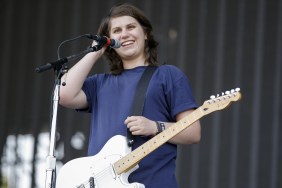Walking away from his band Betchadupa back in 2007, releasing his debut solo effort I’ll Be Lightning, Liam Finn has since carved himself out a reputation as an engaging and experimental singer songwriter. Opening up for the likes of Pearl Jam, Wilco and The Black Keys, in the past Finn’s live shows have been exercises in minimalism with Finn playing with loop and octave pedals,…

The festival landscape has undergone major upheaval in the last three years, and Covid’s long-term impact on the music industry…











